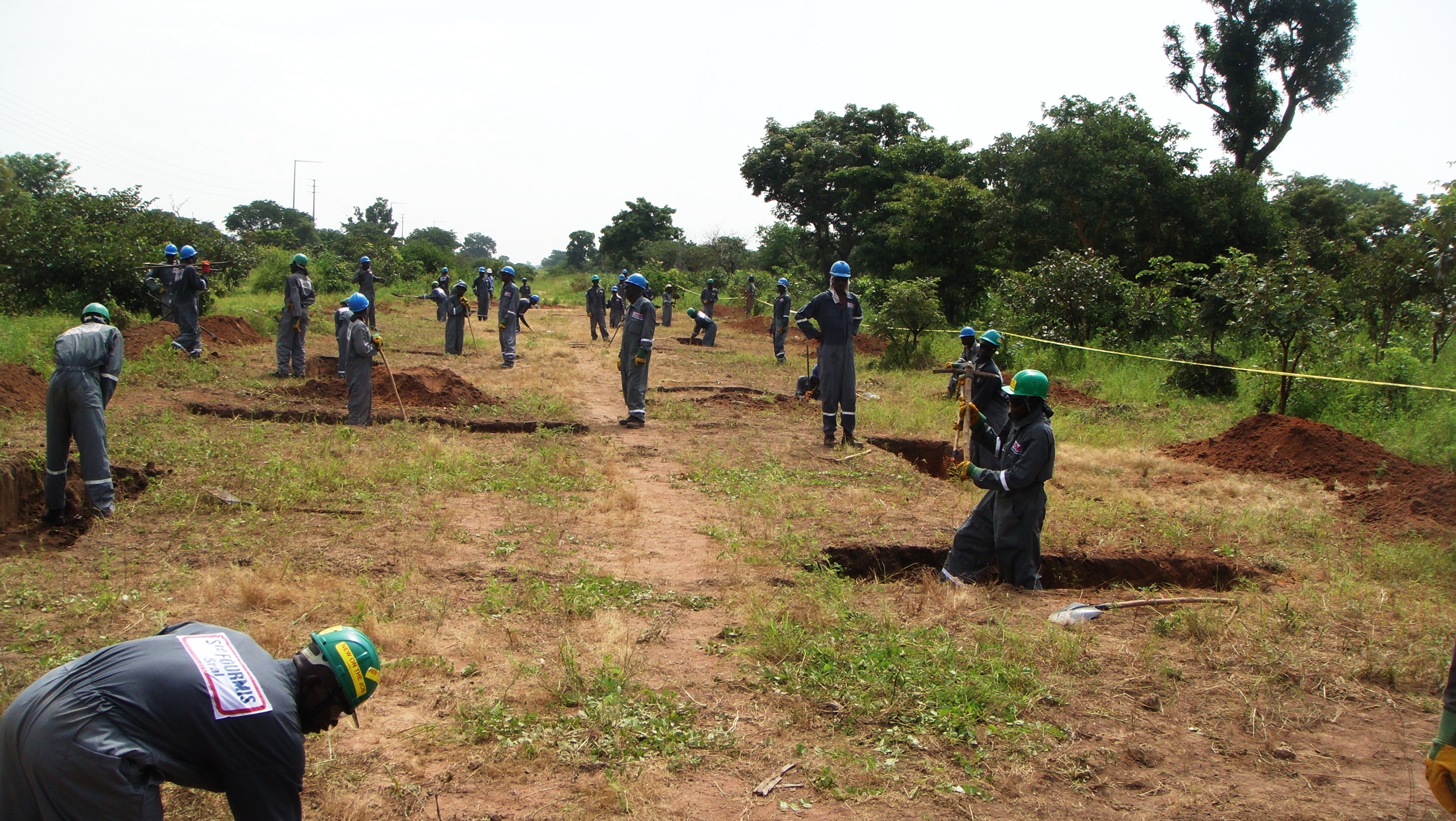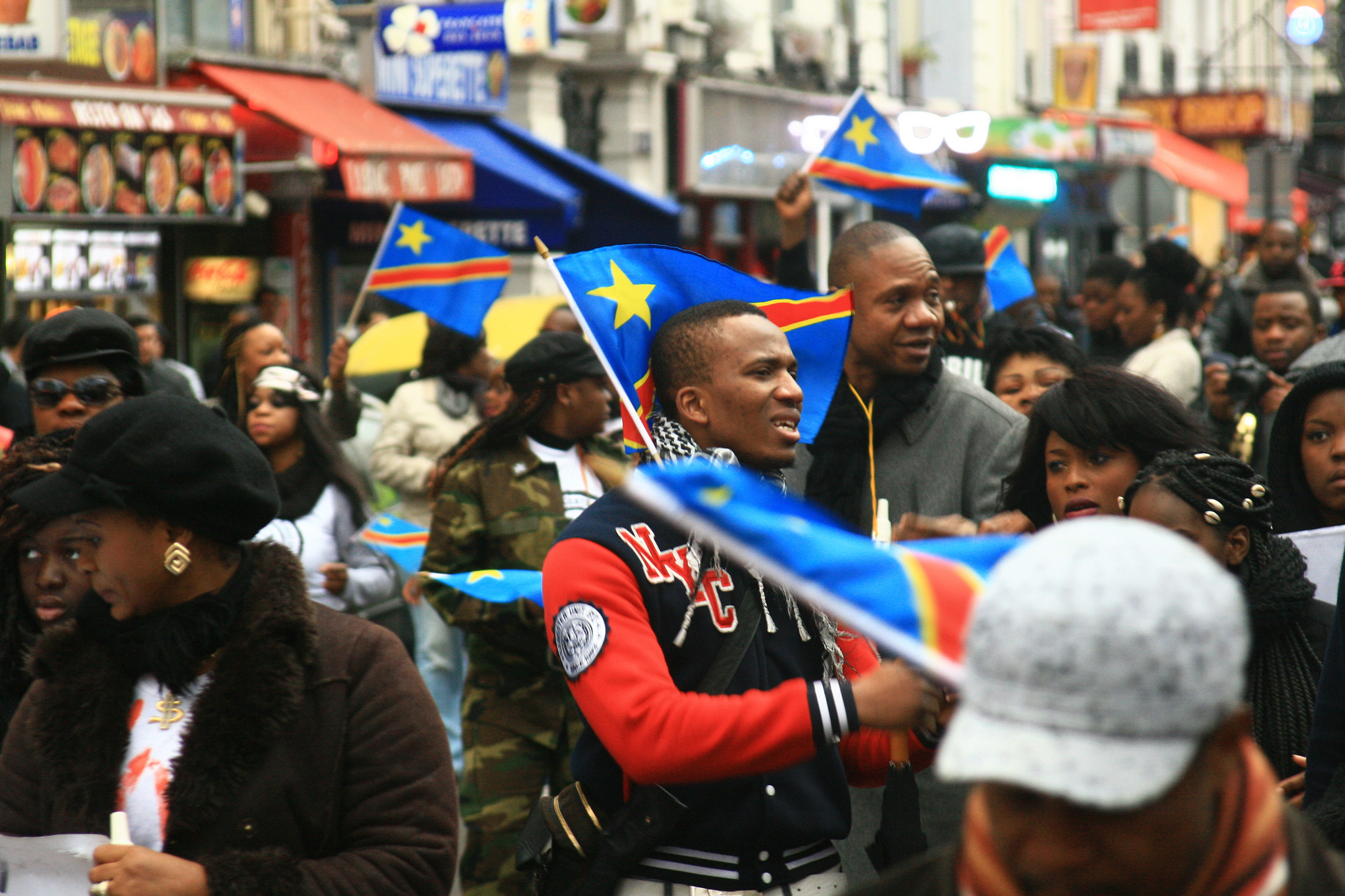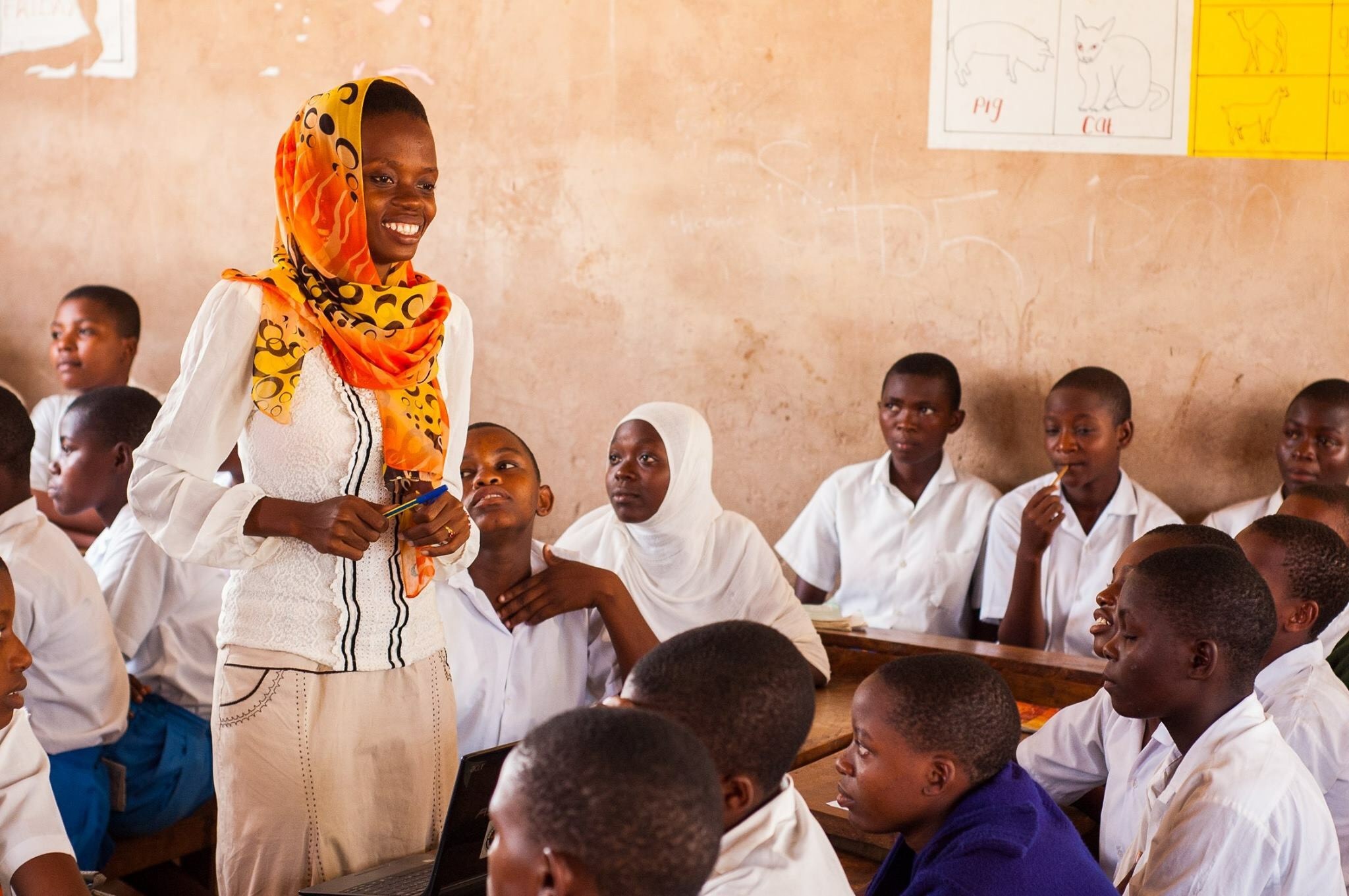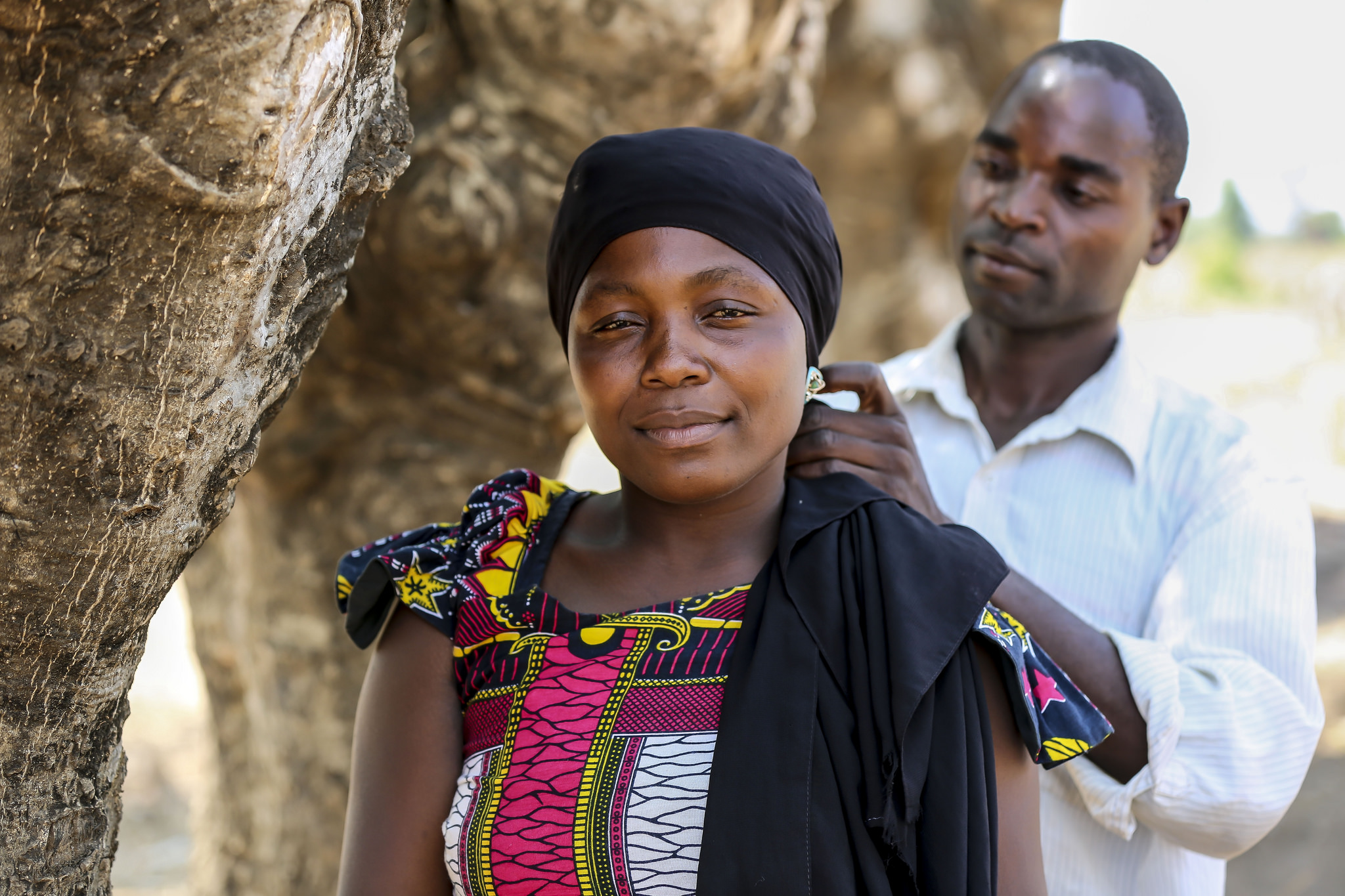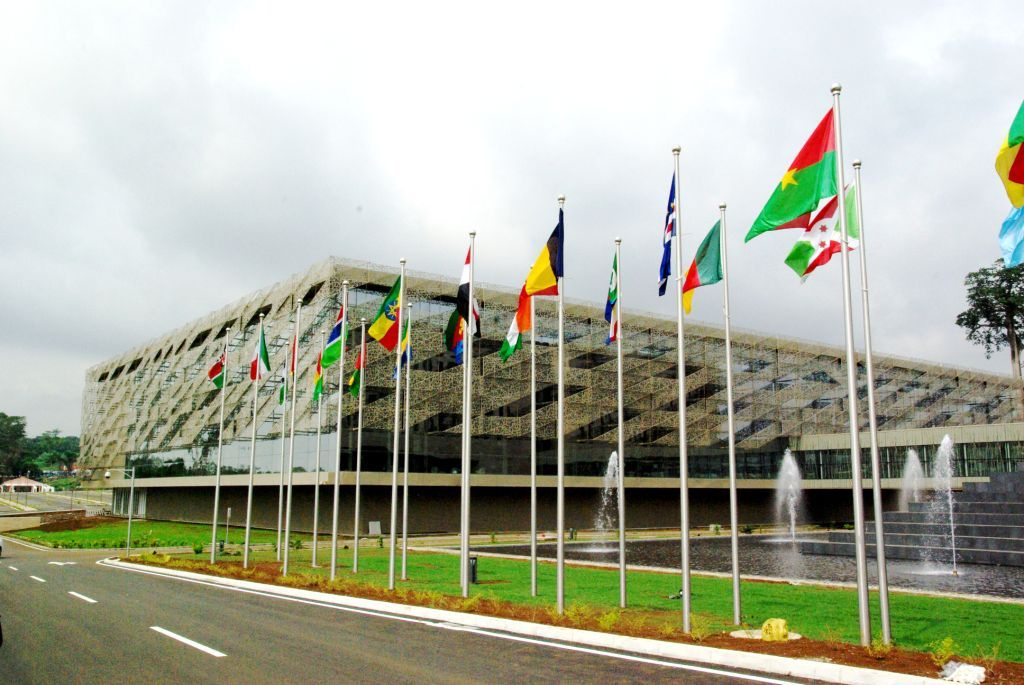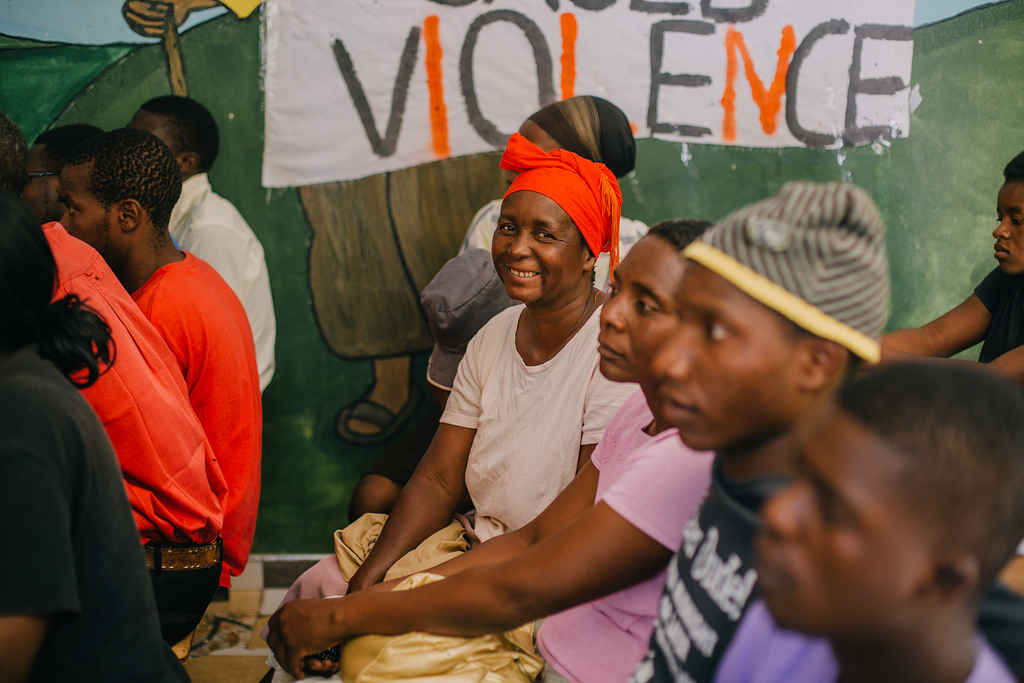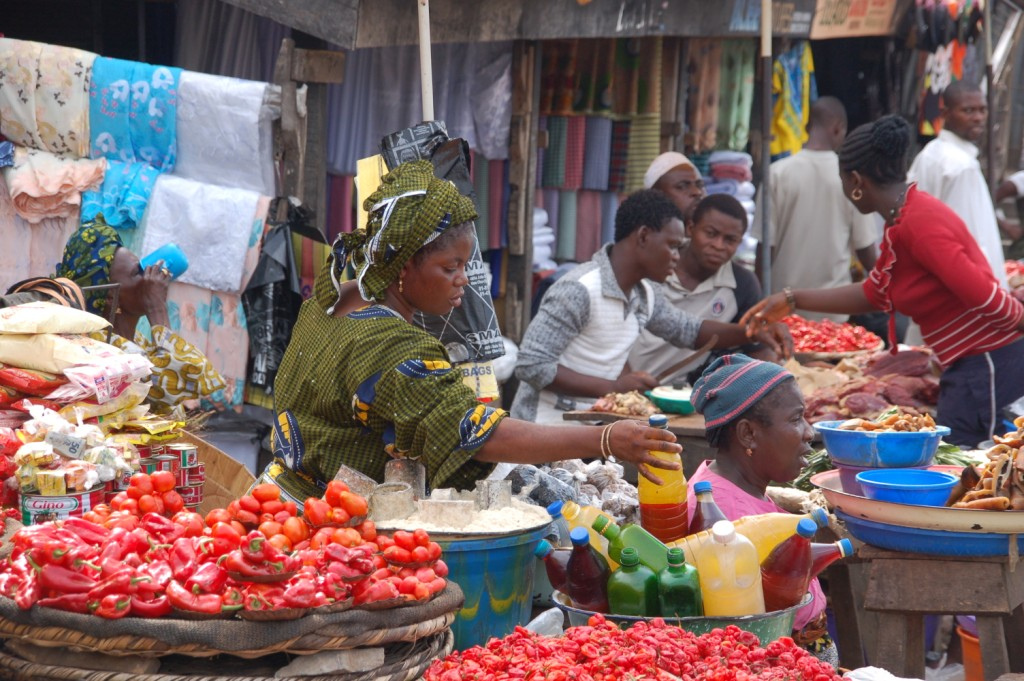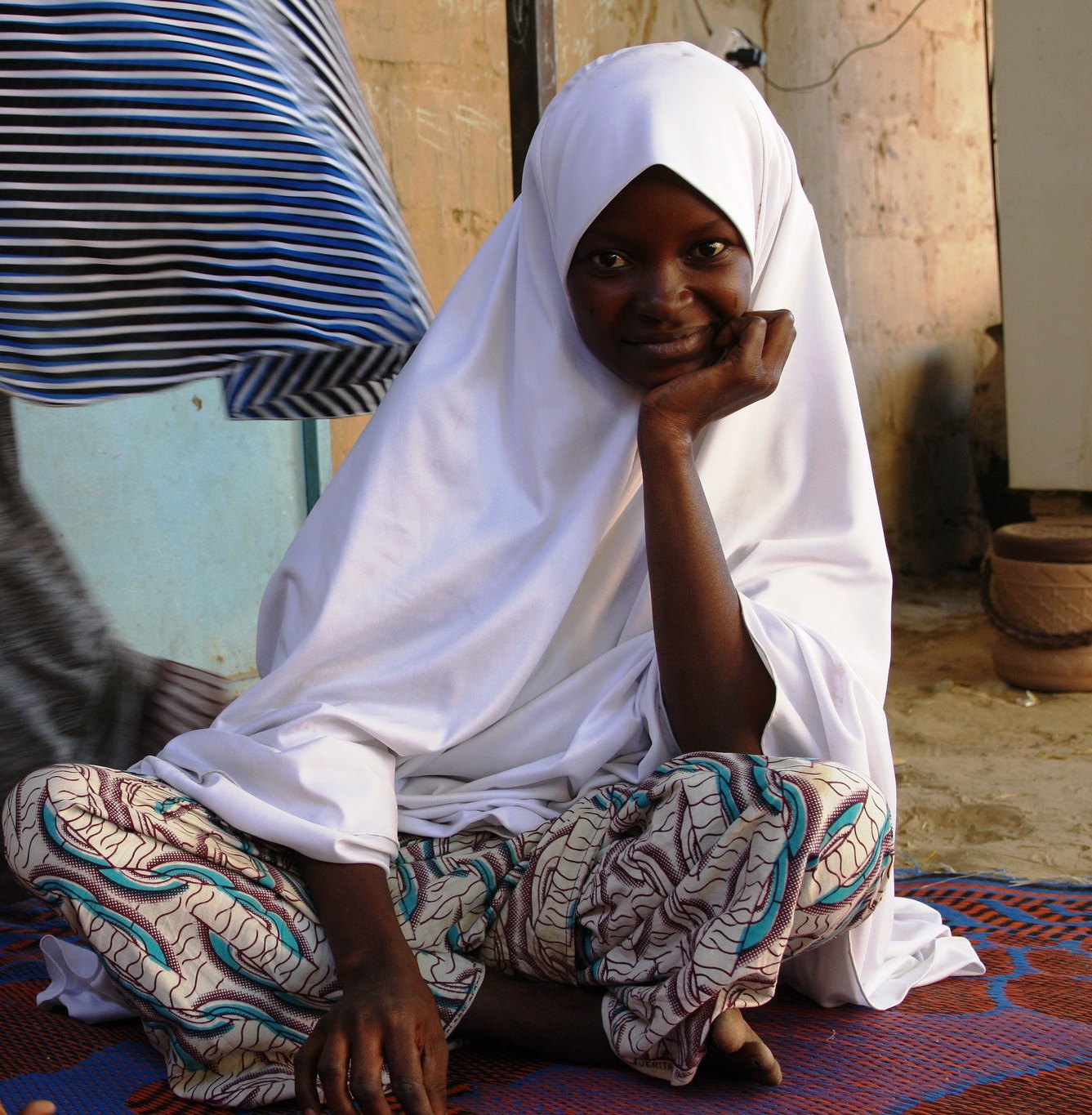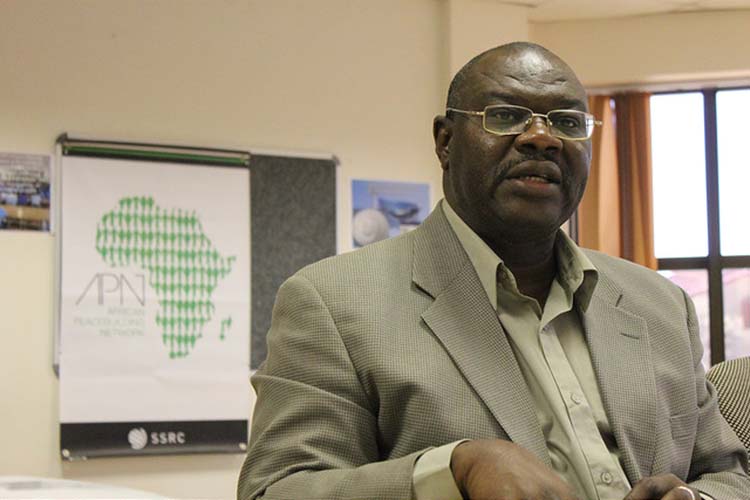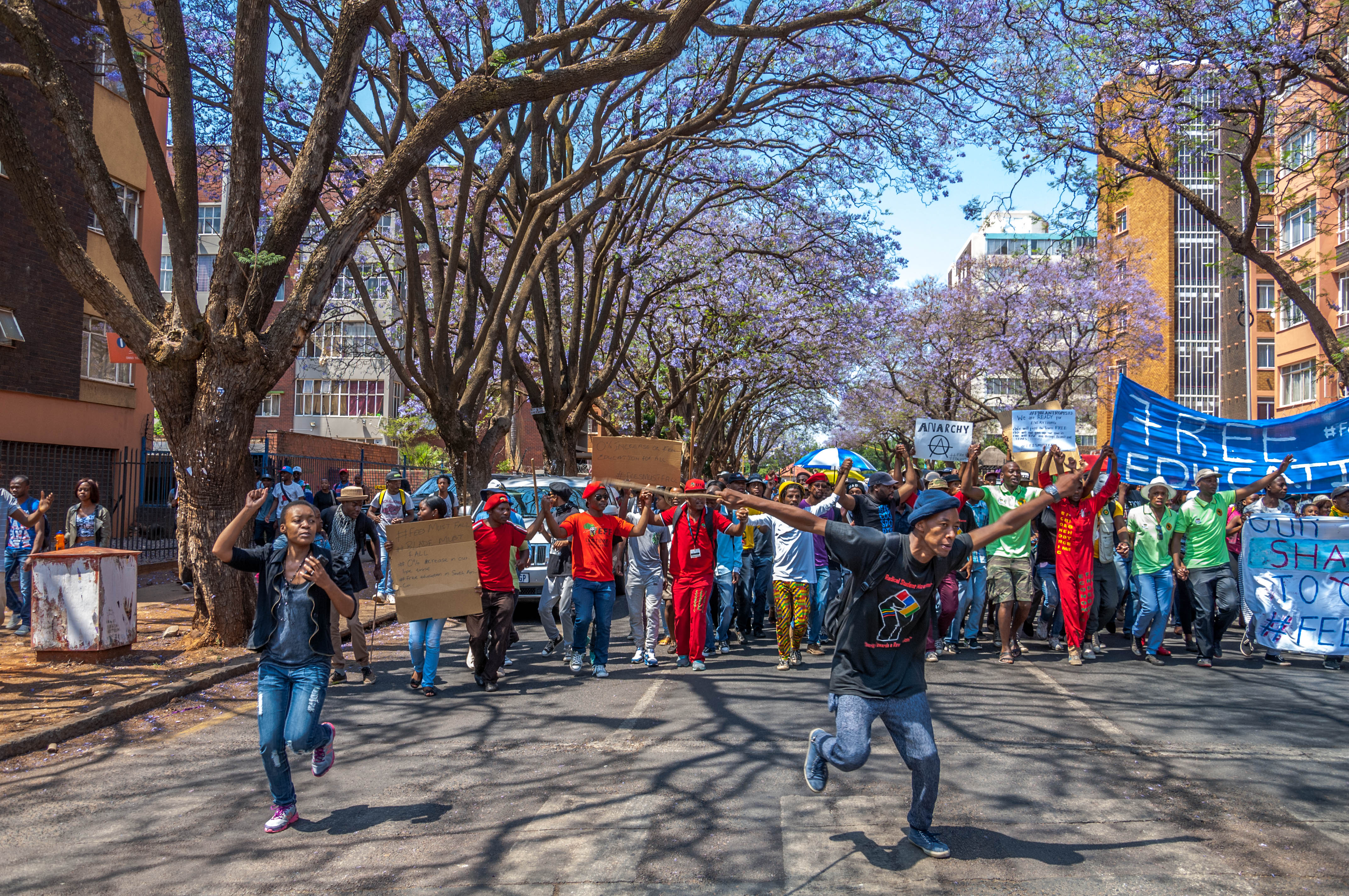The Greater Horn of Africa is one of the most complex and challenging regions in the world in terms of conflict and instability. Currently, there are internal conflicts in South Sudan, southern Somalia, Sudan (Darfur), and eastern Democratic Republic of Congo (DRC), while armed inter-communal clashes are common throughout. Areas where conflict is concentrated are […]
Essays
Essays present critical analysis and debate on a pressing issue in African peacebuilding.
Combattants: Activists or Criminals? A Reflection on Ethnoregionalism and Political Violence among Congolese Immigrants in South Africa
by Rosette Sifa VuningaMost studies on African immigrants in South Africa focus on xenophobia, illegal immigration, and corruption within the South African Department of Home Affairs, while leaving unexamined some aspects of immigrants’ everyday life in the country. Saint José Inaka highlights “ethno-regionalism and political conflicts among immigrants” as one issue that existing studies have glossed over. Inaka’s […]
Ignored Heroine? Maimuna Siraj, Social Media Activist, Strives for Peace and Women’s Empowerment in Mombasa, Kenya
by Joyce OmwohaPeace is costly, but it’s worth the expense. – Kenyan Proverb Kenya is currently in a volatile period heading towards its general elections. Election periods in Kenya and around the world are often characterized by very active social media participation discussing a wide range of topics, including politics, religion, economy, tribal profiling, and geopolitical marginalization. […]
Intimate Partner Violence: The Hidden Threat to Women’s Security
by Peace A. MedieWhen the problem of violence against women during and after conflict is discussed, it is often in reference to non-partner-perpetrated sexual violence. Intimate partner violence is, however, another form of violence that plagues the lives of women in conflict-affected settings with harmful physical, psychological, and social consequences. The World Health Organization describes this violence as […]
Morocco and the African Union: Back into the Fold
by Anouar BoukharsMorocco’s triumphant return to the African Union after a thirty-three-year break marked the culmination of a lengthy and intense diplomatic offensive designed to expand its circle of African allies to key nations in regions far from its historic sphere of influence in the Sahel, as well as in West and Central Africa. Now that the […]
Silence and Denial as Impediments to Peace in Post-Colonial Zimbabwe, 1980-2016
by Terence M. MashingaidzeIntroduction This appraisal is an interlocution of the twin cultures of silence and denial inherent in Zimbabwe’s post-colonial peacebuilding praxis. It evokes the exigency of placing victimhood, rather than political expediency, at the center of the country’s post-conflict architecture. Zimbabwe’s episodic cycles of violence are customarily resolved through state-mediated reconciliation pronouncements (1980), amnesty ordinances (1979, […]
Challenges to Food Security in Nigeria’s Oil-Rich Niger Delta Region
by Abosede Omowumi BabatundeIntroduction Although narratives of environmental degradation in the Niger Delta region are increasingly shifting attention to the human security challenges affecting the area,[1] one significant component of human security—food security—has received limited scholarly attention. It is important to analyze food security in the context of livelihood security because food security is crucial to the sensitivity, […]
Peaceful Negotiations: Implications for the Release of Twenty-One Chibok Girls from Boko Haram Captivity
by Sogo Angel OlofinbiyiIn April 2014, militant Islamist group Boko Haram abducted 276 schoolgirls from Chibok—a town in Borno State, northeastern Nigeria—making global news [1]. Widespread concern generated by the incident soon culminated in a global social media campaign, “Bring Back Our Girls,” with an accompanying Twitter hashtag, #BringBackOurGirls, that featured Tweets from notable world leaders and international […]
Writing on African Peacebuilding: Reflection on Personal Experiences
by Ismail RashidSince everyone writes differently, formulating a standard set of advice on how best to pull together your research into an effective book, book chapter, article, or policy paper or brief is very difficult. In offering my personal experiences as a guide, I want to highlight choices and challenges I have faced, decisions I have made, […]
Fees Must Fall: Lessons from Student Struggles in South Africa
by Everisto Benyera and Sabelo J. Ndlovu-GatsheniSouth Africa is currently undergoing a resurgence in student protests, with students agitating for free, decolonized education. The most prominent of these movements are Rhodes Must Fall and Fees Must Fall. What, exactly, are RMF and FMF? In a nutshell, they are an expression of a deep problem haunting “post-colonial” Africa in general and South […]


